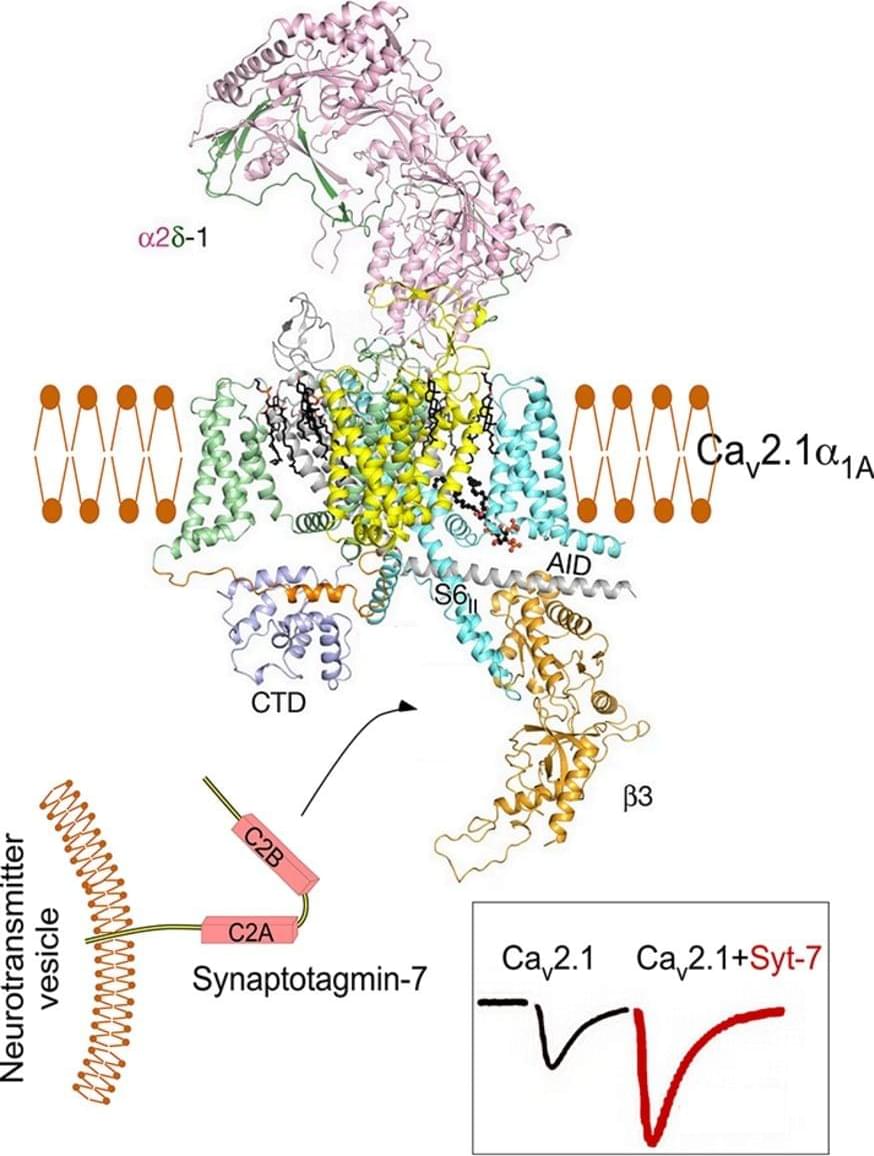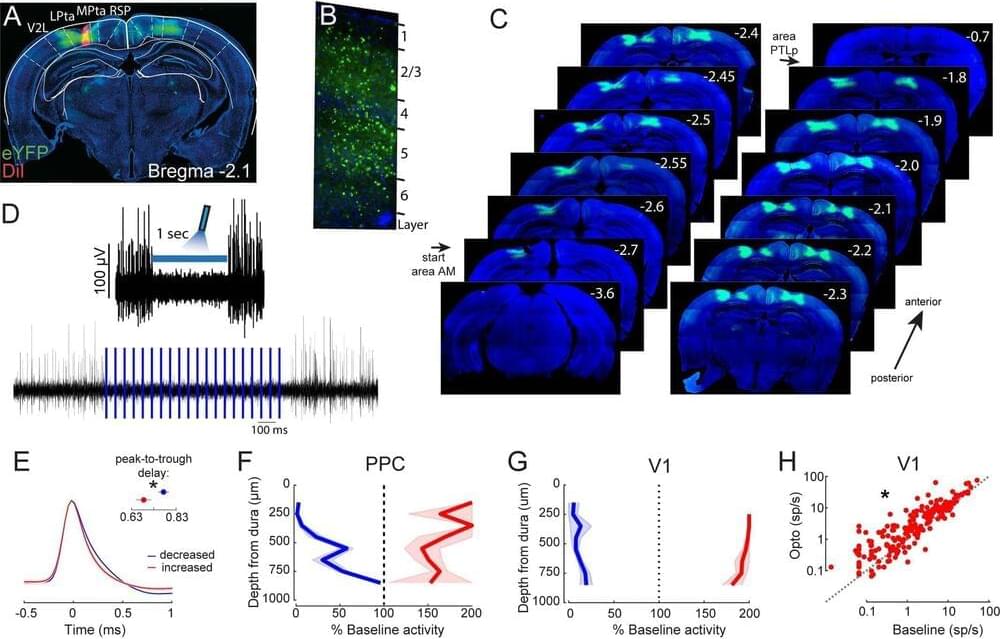Foresight Existential Hope Group.
Program & apply to join: https://foresight.org/existential-hope/
In the Existential Hope-podcast (https://www.existentialhope.com), we invite scientists to speak about long-termism. Each month, we drop a podcast episode where we interview a visionary scientist to discuss the science and technology that can accelerate humanity towards desirable outcomes.
Xhope Special with Foresight Fellow Morgan Levine.
Morgan Levine is a ladder-rank Assistant Professor in the Department of Pathology at the Yale School of Medicine and a member of both the Yale Combined Program in Computational Biology and Bioinformatics, and the Yale Center for Research on Aging. Her work relies on an interdisciplinary approach, integrating theories and methods from statistical genetics, computational biology, and mathematical demography to develop biomarkers of aging for humans and animal models using high-dimensional omics data. As PI or co-Investigator on multiple NIH-, Foundation-, and University-funded projects, she has extensive experience using systems-level and machine learning approaches to track epigenetic, transcriptomic, and proteomic changes with aging and incorporate.
this information to develop measures of risk stratification for major chronic diseases, such as cancer and Alzheimer’s disease. Her work also involves development of systems-level outcome measures of aging, aimed at facilitating evaluation for geroprotective interventions.
Existential Hope.
A group of aligned minds who cooperate to build beautiful futures from a high-stakes time in human civilization by catalyzing knowledge around potential paths to get there and how to plug in.
Follow us!








